How to Break Bad Spending Habits: 5 Money Management Tips
 3 min. read
3 min. read_20230315093833000-cfecdb276f634854f3ef915e2e980c31.jpg)
With shopping made more convenient than ever, many people are guilty of poor money management habits, like frequently going overboard with their spending. For example, in a 2022 study, 86% of millennials stated they overspent on gifts during the holiday season.
For some people, these spending habits result in debt and little to no money left for savings or an emergency fund. If you want to build a healthier relationship with your finances, the new year is the perfect time to make much-needed changes.
Below, we’ll share tips on how to control your spending habits and how to be wiser with your money this 2023.
5 Bad Spending Habits to Break This Year
Money management can be much easier than you think, especially if you know what behaviors to curb when handling money. It’s best to let go of bad spending practices with tips on how to control spending habits that can hamper your saving goals.
- Buying things just because they’re on sale
 It can be tempting to shop and buy when there’s an ongoing sale. However, it’s also easy to get carried away and purchase items you don’t want or likely won’t use to take advantage of a “good deal.”
It can be tempting to shop and buy when there’s an ongoing sale. However, it’s also easy to get carried away and purchase items you don’t want or likely won’t use to take advantage of a “good deal.”
Money management tip: If you see something you’re considering buying, give yourself a few days to think before completing the purchase. By allowing yourself to mull things over, you can ascertain if the item will be useful. Otherwise, you can pass up on the purchase and save yourself from buyer’s remorse. - Failing to make a budget
Not having a budget can be disastrous, making you prone to overspending and leaving you with little to no savings. You need a monthly budget to have enough money for essential expenses and miscellaneous purchases.
Money management tip: For a more organized budget, you could consider arranging your expenses by categories like utilities, rent, groceries, and savings to allocate your resources better. Then, sticking to your budget can help you avoid financial mishaps or hiccups. - Not tracking your expenses
_20230315095602000-f0935e4cd5920aa6c7c996a5ee53a70f.jpg)
As mentioned, a budget is essential to break bad spending habits. Equally important is actively tracking your expenses, which will let you know if you’re sticking to your budget. Monitoring your expenses also enables you to see where most of your income goes. From there, it’s easier to determine how and where to cut back on spending.
Money management tip: If you find monitoring your expenses difficult, use a spend tracker app. Spend tracker apps allow you to track and categorize all expenses across your bank, investment, and credit card accounts.
Alternatively, if you’re tech-savvy, you can create expense-tracking spreadsheets and be creative with customization options to make expense-tracking more exciting. - Not growing your savings
Having no savings means being unprepared for emergencies, which is not ideal since you can never tell when you might need immediate cash. To effectively grow your savings, it’s best to dedicate a percentage of your monthly income to savings.
Money management tip: Experts say you should allocate 20% of your monthly salary to savings to establish a rainy day fund more quickly. So, begin by analyzing and adjusting your spending to ensure you have remaining funds to allocate for savings. A separate emergency fund is also a good idea, keeping you from dipping into bank accounts you’ve set up for other expenses. - Going crazy with your credit card

Credit cards are helpful when making significant or emergency purchases, but they make it easier to lose sight of your budget. More often than not, liberally using your credit cards with no repayment plans in mind leads to overspending and credit card debt.
Money management tip: To avoid maxing out your credit card, secure one with budget management features from RCBC. You can get SMS advisories whenever you complete a transaction and a spend analyzer that records information about your transactions. RCBC Credit Cards’ rewards system also lets you redeem cash rebates and air miles.
These features make using your credit cards more practical since you can track and manage your spending habits.
The Importance of Good Spending Habits
Poor spending habits can lead to financial problems that can be much more challenging to manage later if left unsolved. While adopting new and better practices takes time, getting started is crucial to ensure you are not troubled by debt and constantly have to worry about possible emergencies.
It’s best to think twice, consider the consequences, and ensure you’re spending your hard-earned money on worthwhile things. Hopefully, these money management tips will help you control or eliminate bad spending habits.
Get a credit card that takes money management to the next level from RCBC Credit. Our credit cards feature the Spend Monitor and Auto-Debit Arrangement functionalities, making debt management a breeze for you. Plus, RCBC-issued credit cards have Unli 0% and Unli Installment, allowing you to break up huge payments into small ones.
Browse our wide selection of credit card selections today, and secure the one that makes the most sense for you!

 bc
bc

















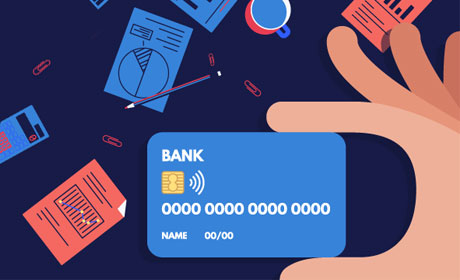
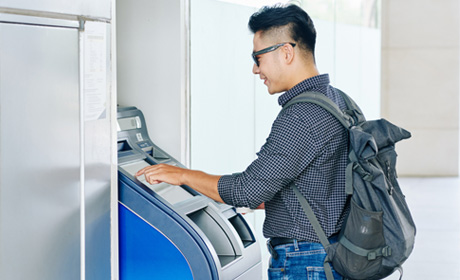

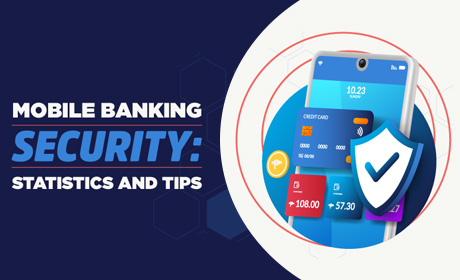


.png)
.png)




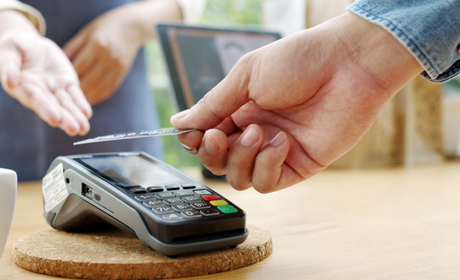
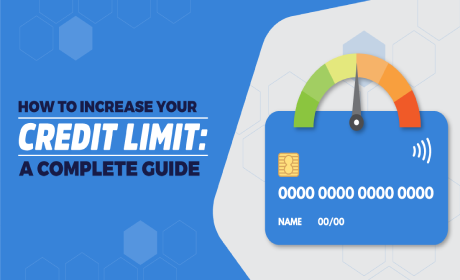
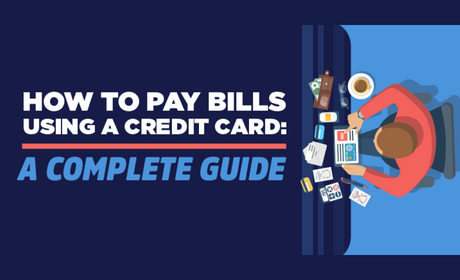



.jpg)
.jpg)
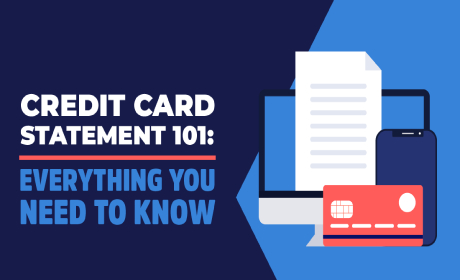
.jpg)
.jpg)

.jpg)



.jpg)
 (1).jpg)
 (1).jpg)
 (1).jpg)

.jpg)
 (1).jpg)
 (2) (1).jpg)
 (2) (1).jpg)
.jpg)
 (1).jpg)
 (1).jpg)
 (1).jpg)
 (1).jpg)


.jpg)
.jpg)
.jpg)
.jpg)

.jpg)
.jpg)


.jpg)
.jpg)
.jpg)
.jpg)
.jpg)
.jpg)


.jpg)
 (1).jpg)

.jpg)

.jpg)
.jpg)
.jpg)
.jpg)
.jpg)
.jpg)


